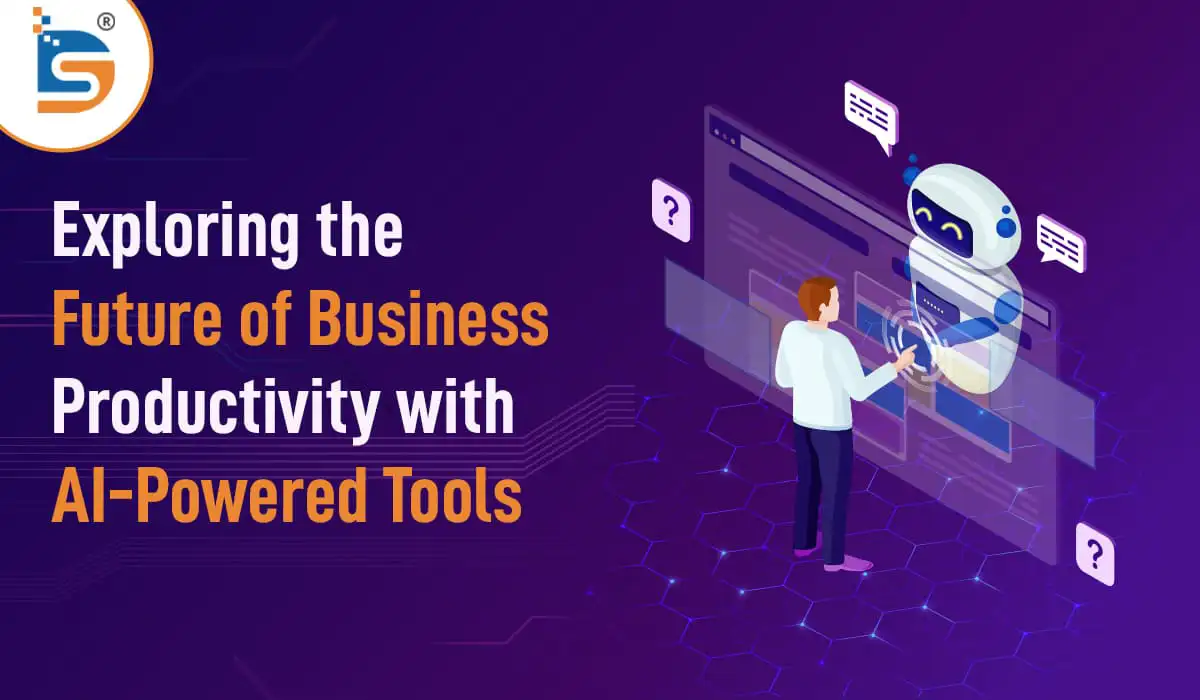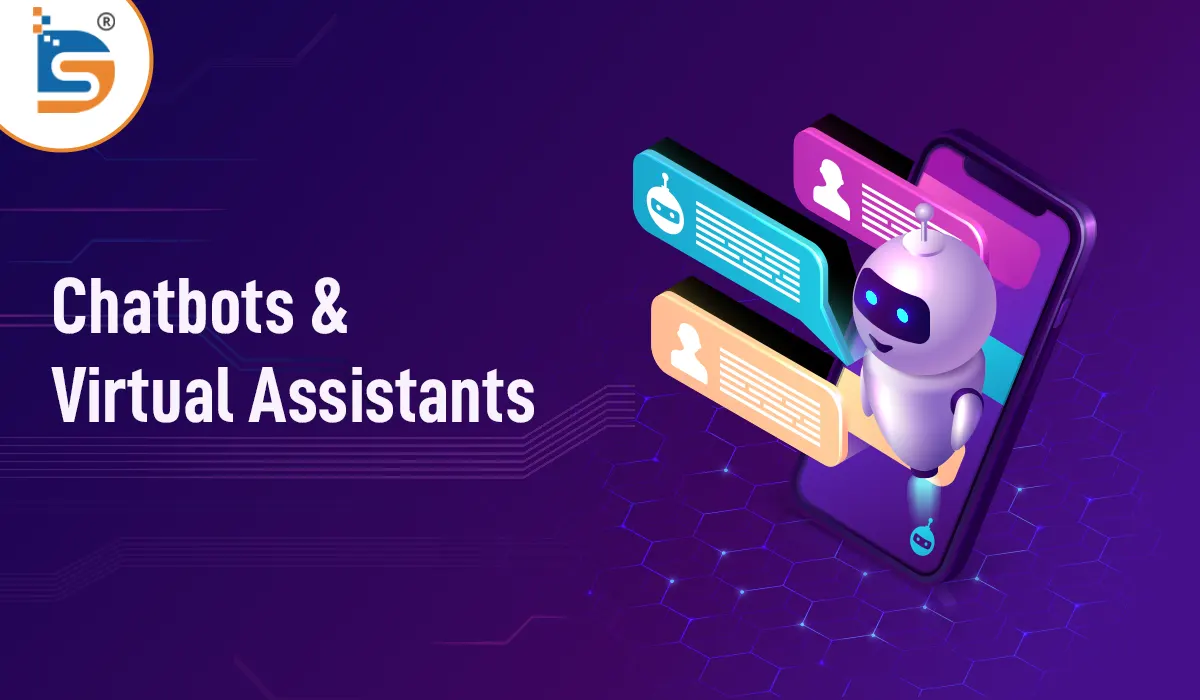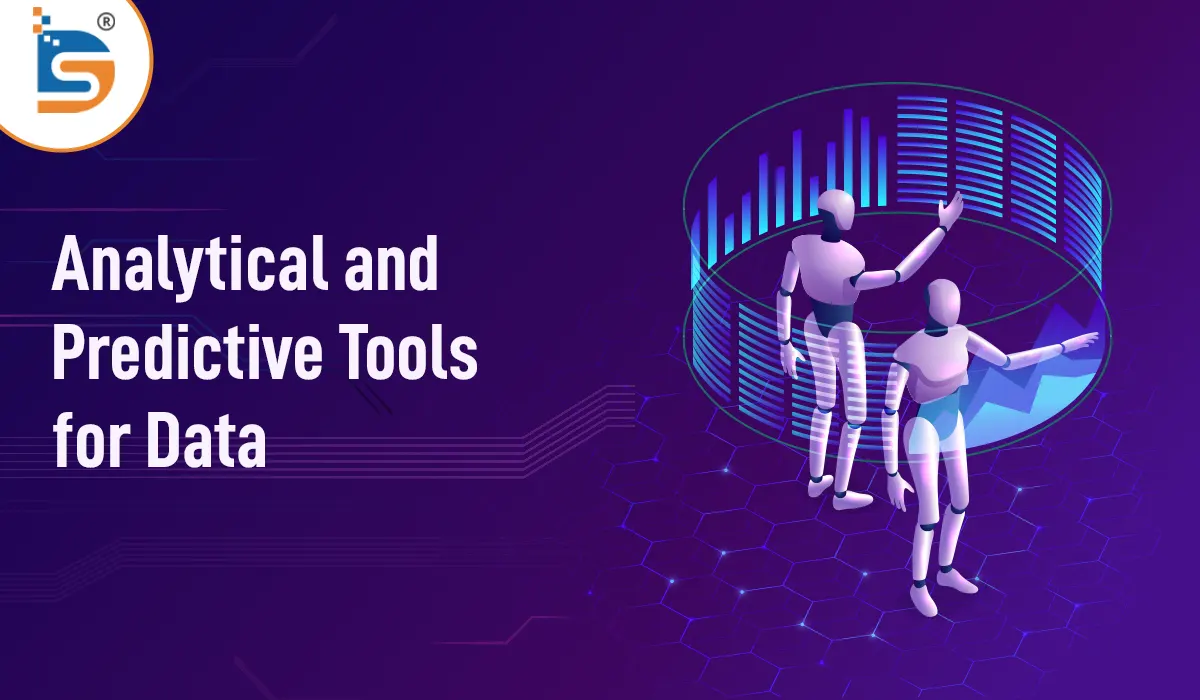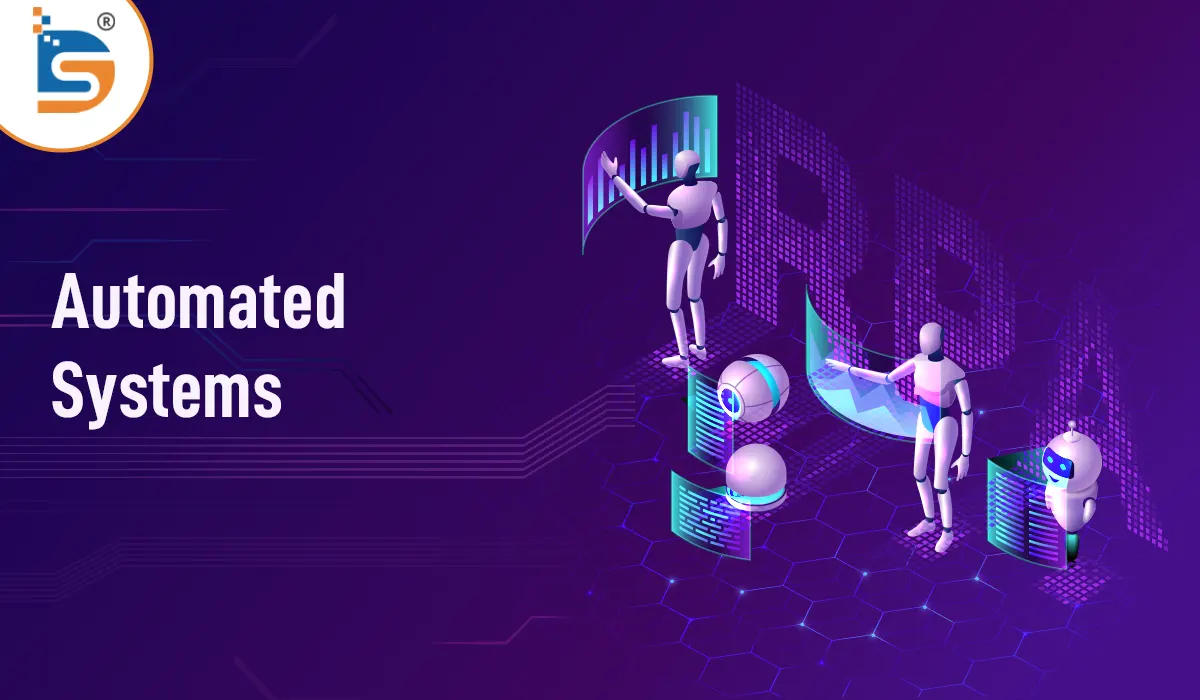Exploring the Future of Business Productivity with AI-Powered Tools
BY : Sdreatech
13-Sep-2023

As we move into the new year, many businesses have taken notice of the potential of artificial intelligence tools to boost productivity in the workplace. AI automation solutions are now commonplace as businesses look to take advantage of the best AI products that can make work faster and more efficient. With these AI-powered tools, businesses can optimize their operations and reach new heights of success.
Recently, businesses have increasingly used AI tools, and this trend will continue through 2023. Businesses globally are adopting predictive analytics and natural language processing in AI technologies. These technologies improve data entry accuracy, speed, and decision-making. Companies can save time and money and boost productivity by using these solutions.
In this article, we will explore some of the best AI products that can help businesses significantly enhance their productivity in the coming years.
The Impact of AI Tools on business
Artificial intelligence (AI) has emerged as a transformative technology in the last few years. Companies in a wide range of sectors are interested in it because of the ways it could boost productivity, precision, and decision-making. AI is predicted to have a big impact on organizations in 2023 because of its ongoing developments and breakthroughs. Here are some of the most impactful AI tools that are shaping our future:
1. Chatbots & Virtual Assistants
AI-powered chatbots and virtual assistants can express themselves in natural language via messaging apps, websites, or audio platforms. They duplicate human speech and answer queries in real-time. These tools have transformed customer service by delivering 24/7 support. They can handle many requests at once, improving response time and customer satisfaction. Medical and financial industries automate and boost efficiency via chatbots and virtual assistants.

2. Analytical and Predictive Tools for Data
Nowadays, data is a company's most precious asset, and artificial intelligence (AI) has made it simpler to draw conclusions from massive volumes of data. Analytical and predictive tools find connections, trends, and patterns using AI. These technologies assist firms in making knowledgeable decisions by identifying customer behavior, market trends, and risks. Businesses can target customers, cut costs, and boost profits with AI.

3. Automated Systems
In several areas, AI-driven automation has increased productivity. Without human intervention, automated systems can complete boring work. To increase productivity and decrease manual errors, these techniques are frequently used in supply chain management, manufacturing, and logistics. They can efficiently and accurately complete boring chores, freeing up employees to work on more important duties. AI-powered automated systems learn and adapt, improving efficiency.

Final Thoughts
Finally, AI-powered solutions have enormous opportunities to change how successful businesses operate in the future. AI is transforming businesses by automating procedures, speeding up data analysis, and delivering insights. Using these tools in our everyday work will boost productivity and efficiency while providing businesses with a competitive advantage in the rapidly changing digital market. The future is AI, and organizations that use it will succeed.
FAQs
Q1. What are AI-powered tools, and how do they impact business productivity?
AI-powered tools are software applications and systems that use artificial intelligence algorithms to automate tasks, analyze data, and provide insights. They impact business productivity by enhancing efficiency, improving decision-making, and enabling businesses to deliver personalized experiences to customers.
Q2. How can AI automate repetitive tasks in a business setting?
AI can automate repetitive tasks through robotic process automation (RPA) and machine-learning algorithms. It can handle data entry, document processing, and other routine tasks, freeing up human employees to focus on more strategic and creative aspects of their work.
Q3. What are some examples of AI-powered collaboration tools?
AI-powered collaboration tools include virtual assistants for scheduling and information retrieval, real-time language translation services, and advanced virtual meeting platforms that can transcribe and summarize discussions.
Q4. How does predictive analytics benefit business growth?
Predictive analytics uses historical data and AI algorithms to forecast future trends and behaviors. It helps businesses make informed decisions, optimize inventory management, and understand customer preferences, ultimately leading to growth opportunities.
Q5. How can AI improve customer support, and what is the role of chatbots?
AI can improve customer support by providing 24/7 assistance through chatbots, analyzing customer inquiries to offer relevant solutions, and enhancing response times. Chatbots can handle routine queries, leaving human agents to address more complex issues, leading to improved customer satisfaction.
Q6. What ethical considerations should businesses keep in mind when using AI-powered tools?
Businesses should consider ethical concerns related to data privacy, bias in AI algorithms, and transparency in AI decision-making processes. Implementing ethical AI practices is crucial for retaining and avoiding potential controversies.